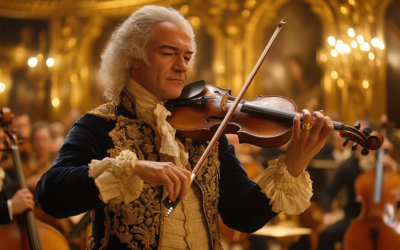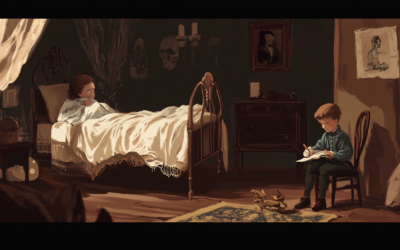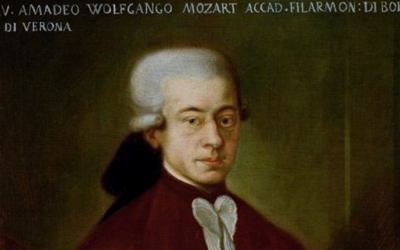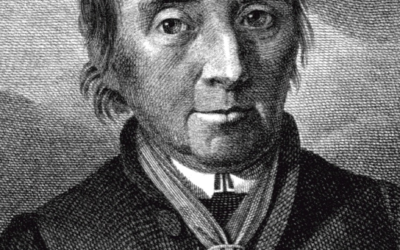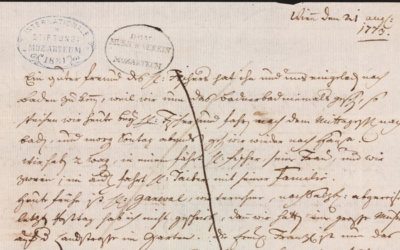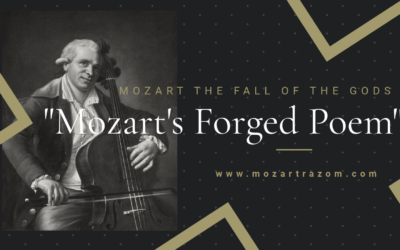Wolfgang Amadé Mozart
#1 The Hidden Truth of Mozart’s Education
@MozartrazoM
In this video, we uncover the hidden truth behind Wolfgang Amadeus Mozart’s early education and challenge the long-held belief in his effortless genius. While history often celebrates Mozart as a child prodigy, effortlessly composing music from a young age, the reality is far more complex.
Mozart’s father, Leopold, was a key figure in shaping not only his son’s musical development but also the public perception of his talent. Leopold, an ambitious yet frustrated musician, played an instrumental role in composing, transcribing, and promoting much of Wolfgang’s early music.
The works credited to young Mozart were, in fact, heavily guided or even written by Leopold. From manipulating Wolfgang’s age to enhancing his image as a prodigy, Leopold controlled his son’s rise to fame. We’ll explore key examples, such as the Minuet K.6, often believed to be one of Wolfgang’s first compositions, which was largely reworked by Leopold.
We’ll also discuss how Leopold’s ambition and control crafted the myth of Wolfgang as a child genius. Was Mozart’s talent truly his own, or was it carefully constructed by his father?
Join us as we delve into the untold story of Mozart’s education and the significant influence of Leopold on his son’s career. If you’re interested in challenging traditional narratives about Mozart and classical music history, this video is for you.
Don’t forget to like, comment, and subscribe to our channel for more videos on the real story behind Mozart’s legacy!
You May Also Like
The Violin Concertos: Mozart’s Borrowed Genius
Mozart’s violin concertos are often celebrated as masterpieces, but how much of the music is truly his? This article delves into the complexities behind the compositions and challenges the authenticity of some of his most famous works, revealing a story of influence, imitation, and misattribution.
The London Notebook
The London Notebook exposes the limitations of young Mozart’s compositional skills and questions the myth of his early genius. His simplistic pieces, fraught with errors, reveal a child still grappling with fundamental musical concepts.
The Mozart Question
In this revealing interview, we delve into the lesser-known aspects of Wolfgang Amadeus Mozart’s life, challenging the long-standing myth of his genius. A Swedish journalist explores how Mozart’s legacy has been shaped and manipulated over time, shedding light on the crucial role played by his father, Leopold, in crafting the career of the famed composer.
Georg Nissen and the Missing Notebooks
After Mozart's death, his widow, Constanze, found a steadfast partner in Georg Nikolaus von Nissen, a Danish diplomat who dedicated his life to preserving the composer's legacy. Nissen not only compiled an extensive biography of Mozart but also uncovered and...
Letters Under Surveillance
In a world without privacy, Leopold Mozart’s letters were carefully crafted not just to inform but to manipulate perceptions. His correspondence reveals a calculated effort to elevate his family’s status while avoiding any mention of failure or controversy.
#3 Leopold Mozart’s Literary Theft
Hidden within the Mozarteum’s archives lies a poem that has long been hailed as a tribute to the young Mozart children. But behind this innocent façade is a story of deception, literary theft, and one father’s ambition to rewrite history.


